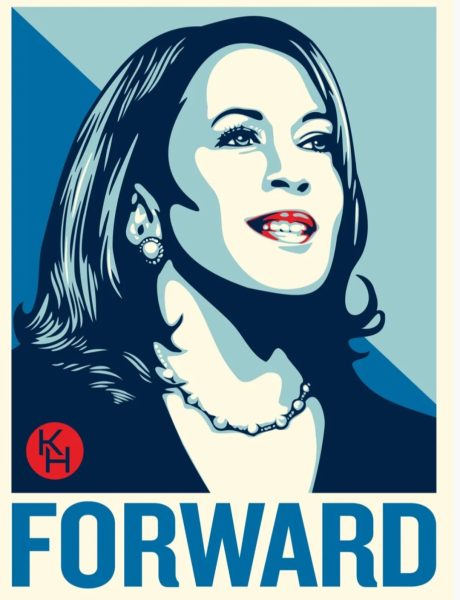Opposing Sides of Net Neutrality: Yes, the internet will be fine
There is certainly more to the hot-button issue of net neutrality than meets the eye.
A great deal of buildup has come about regarding the issue; according to a Pew Research poll, over eight-five percent of Americans use the internet. The fact that the Federal Communications Commission (FCC) plans on repealing net neutrality regulations has a great deal of people in a tizzy.
So what is net neutrality? The policy, which went into effect towards the end of the Obama Administration, states that internet service providers, or ISPs, are not allowed to change the speed of or block any data while it travels from its source to its ultimate destination, the end user. The justification for this policy comes from Title II of the 1934 Communications Act, which is being used to classify the internet as a public utility. This gives the FCC a great deal of control when it comes to the web.
FCC is pushing to essentially deregulate aspects of the internet, and restore policy on the internet to a point prior to initial Obama-era regulations.
In the U.S., net neutrality was first pursued in 2010 and enacted in 2015. At first, it sounds like a fairly decent policy. “Let’s treat all data equally and fairly.” It seems to make perfect sense. No paid fast lanes, no intentionally slowing down bandwidth, and no blocking of websites. There are a number of issues with these idealistic notions.
The greatest fault of the many arguments in favor of net neutrality is that cited examples are constantly filled with what-ifs. The fact is that many of the problems associated with a lack of net neutrality is that they seldom occurred within the twenty years that the internet existed before net neutrality.
When these issues actually occured, it seemed that no near-apocalyptic results occurred where ISPs blocked the internet. One example, where a North Carolina ISP blocked voice-over-internet protocol services. The service, Vonage, then issued a complaint to the FCC, who proceeded to rectify the problem.
But it simply has not been reported that providers were blocking competitors or censoring content, whether or not practices were legal. The often-used models of fees for different sites are also somewhat irrelevant, as this model did not exist in the days of the unregulated web. If implemented, ISPs would be forced to adjust as unsatisfied customers would no-doubt jump ship to another ISP who did not block content. As the first ISP begins to lose clientele, it would be forced to unblock service, self-correcting concerning behavior.
Regardless, any anti-competitive behavior would come under the jurisdiction of FTC, who would deal with problems after they occur, rather than attempting to prevent problems that do not exist as the FCC has been doing.
The FCC, under net neutrality, has significant discretionary authority to regulate the market, granting the agency the ability to regulate ISP investment and to even control companies’ ability to enter the market as a new ISP.
As such, smaller ISPs are having trouble under the new regulatory burden. As stated by FCC commissioner Ajit Pai, investment has been stifled at these smaller ISPs. “These are the kinds of companies that we want to provide a competitive alternative in the marketplace,” Mr. Pai said in a speech. This lack of investment also applies to these larger companies. According to a report from the FCC, “heavy-handed Internet regulations have deterred companies from introducing several new services and features.”
Regarding the dreaded internet fast lanes (also referred to as paid priority) that are also cited by supporters of net neutrality, treating all data exactly the same essentially pays for content originators who use large amounts of bandwidth. Take video-streaming websites like Netflix or YouTube.
Without net neutrality, ISPs are able to offer the opportunity for these companies to pay fees for higher bandwidth usage. This especially benefits end-users who are do not use these websites, as they no longer have to subsidize these high bandwidth users, the savings of the ISP can be passed along to these consumers.
One of the most suspect areas of the net neutrality debate has been the overwhelming support of the policy from behemoths like Google and Facebook.
These companies, who are largely unaffected by the regulations as a result of their size, and the corporate self-interests become clear. Smaller startups are simply devoid of the capital to build the infrastructures that these companies already possess.
At the end of the day, a departure of net neutrality will not spell the end of the internet as we know it. Ultimately, the web will return to its pre-2015 state – a state that was successful and saw unparallelled growth. In this time, we have seems some of the most prevalent companies today come of age, and they did so without net neutrality. Despite what some say, everything will be just fine.






